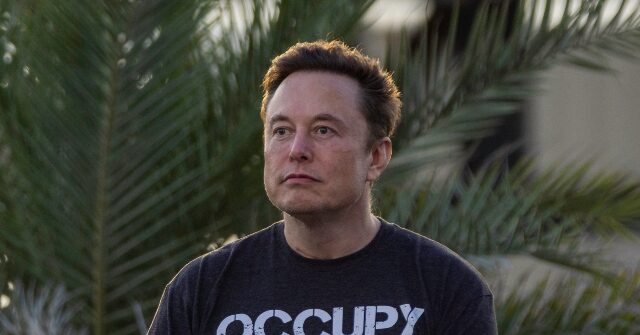Elon Musk’s SpaceX suffered another setback as its Starship launch exploded during a test flight on Tuesday, marking the third consecutive failure for the ambitious rocket project.
CNBC reports that SpaceX’s Starship rocket and Super Heavy booster exploded during an un-crewed test flight on Tuesday, May 27, 2025. This marks the third consecutive setback for Elon Musk’s rocket company, following similar explosions in January and March of the same year.
The Starship system, consisting of the Starship rocket and Super Heavy booster, stands at an impressive 400 feet tall when stacked for launch. SpaceX has been developing this system with the goal of transporting people and equipment around Earth, to the Moon, and eventually, to Mars. Musk’s vision for Starship includes using it to colonize the Red Planet.
During Tuesday’s livestream of the test flight, which was available on the SpaceX website and social media platforms, viewers witnessed the first-stage booster exploding, followed by the second-stage Starship spacecraft experiencing a significant fuel leak. The spacecraft then spun out of control and exploded during reentry. The company uses the interesting phrase “rapid unscheduled disassembly” to describe the explosion.
The FAA released a statement via email, confirming their awareness of the anomaly that occurred during the SpaceX Starship Flight 9 mission. The agency stated that they are actively working with SpaceX to investigate the event and noted that there were no reports of public injury or damage to public property at the time of the statement.
Despite the setback, Musk remained optimistic about the progress made during the test flight. In a post on X, he wrote, “Starship made it to the scheduled ship engine cutoff, so big improvement over last flight! Also no significant loss of heat shield tiles during ascent.” However, he acknowledged that leaks caused a loss of main tank pressure during the coast and re-entry phases of the rocket.
Musk vowed to increase the launch cadence of Starship, with upcoming flights planned at a rate of approximately one every three to four weeks. This announcement comes after SpaceX gained a key approval from the FAA earlier this month to increase its launch frequency from its spaceport in Texas, where it was previously restricted to five Starship launches per year.
SpaceX, in a post on X, emphasized the importance of learning from tests like these, stating, “With a test like this, success comes from what we learn, and today’s test will help us improve Starship’s reliability as SpaceX seeks to make life multiplanetary.” The company did not respond to requests for additional information following what they termed a “rapid unscheduled disassembly.”
Read more at CNBC here.
Lucas Nolan is a reporter for Breitbart News covering issues of free speech and online censorship.
Read the full article here


